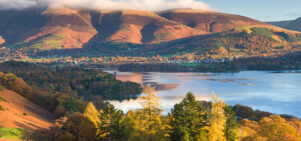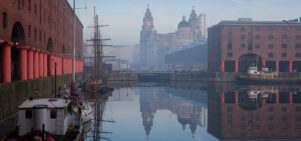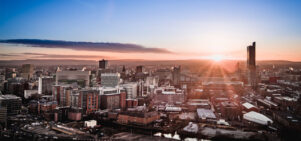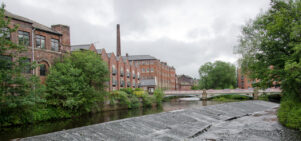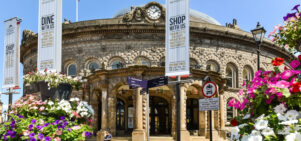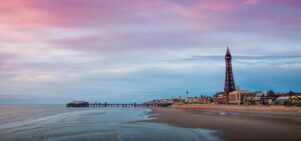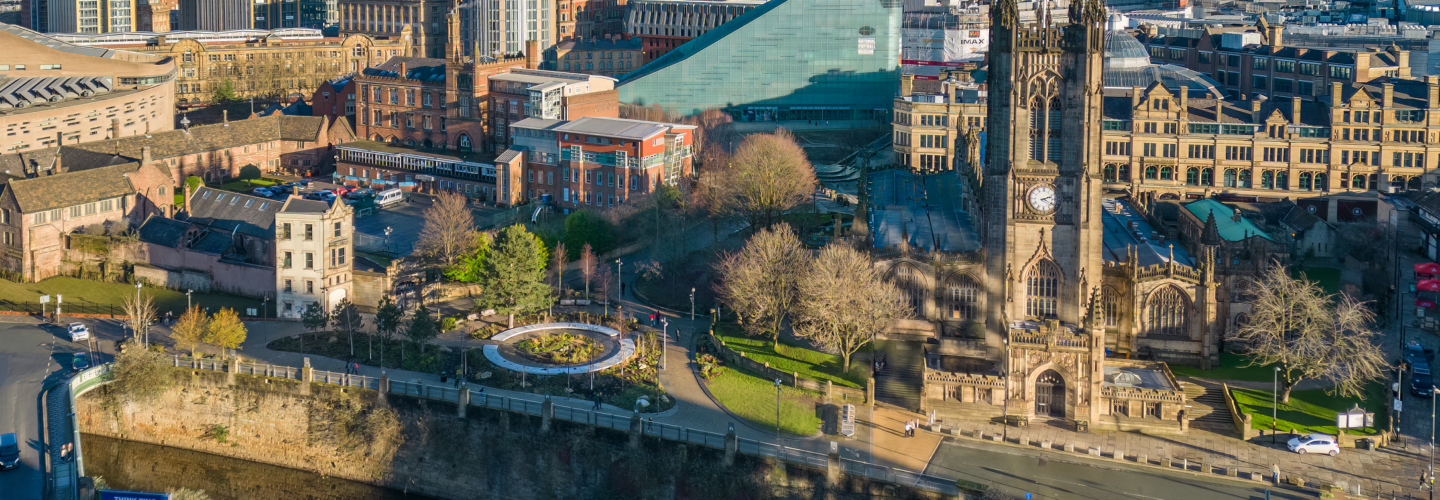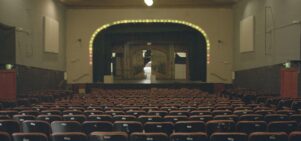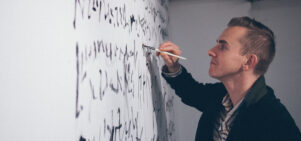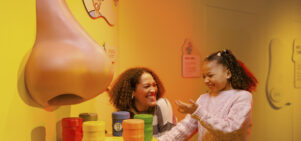“Monsters”: The BFI & Grimmfest celebrate the abnormal
Adam ScovellThe BFI’s final gothic film session – screened in partnership with Grimmfest – has darkly symbolic undercurrents.
The final of Grimmfest’s gothic double bills, to be screened inside the beautiful John Rylands Library, moves back into the realm of fantasy cinema to address its theme: monsters. This seems natural considering that the era of both films that are being screened not only gave birth to screen monsters of all types, but was also the most creatively successful with them. The 1930s and the 1940s were full of monster and horror films, and the cinema of the sound era defined itself through creating some of the most effective. January’s Grimmfest screening shows this to full effect.
During the first great era of horror cinema, Universal Studios dominated with its batch of iconic gothic monsters, from Dracula to The Wolf Man. Though littered with great performances and directors, one duo stands out as defining quality gothic cinema: director James Whale and actor Boris Karloff. The pair made three films together, all of which are considered classics and one of which is screening at this double bill. Bride of Frankenstein (1935) is one of the earliest subversive films to enter into mainstream culture, notable for its darkly funny and highly political ideals, which address issues of religion, violence and sexuality.
Those expecting a Disney rendering of Beauty & the Beast are in for a surprise
Bride of Frankenstein is the sequel to Frankenstein, Whale’s 1931 adaptation of Mary Shelley’s novel – it starts where the last film dramatically ended. Despite the apt literary connection to the screening’s location, the sequel uses the concept of Shelly’s story merely as a starting point: it opens with a fictionalised conversation between Shelley, her husband and Lord Byron. This exchange sets the camp tone that is revisited throughout the film. Whale’s homosexuality plays a stark role, not only in the creation the character of Dr Pretorius (played by Ernest Thesiger) but also in the narrative itself. The flamboyant Pretorius wants to mirror Frankenstein’s monster with the creation of a woman, his ideals of womanhood very clearly not being met through any natural means.
While this new being is plotted by the two scientists, Frankenstein’s original monster has survived from the last film but is fleeing from a persecuting mob. Boris Karloff’s nuanced performance as a victim of his own physical difference has been much analysed over the years. Indeed, Whale takes this persecution to new, symbolic heights: Frankenstein’s capture seems deliberately evocative of religious imagery, adding another layer to the already heady mix of fantasy and horror. It is a testament to Whale’s direction, then, that everything works so well while still being entertaining.
The second of the screenings achieves an equal level of gothic intensity, but is almost polar in its aims, being firmly rooted in art-house rather than populist cinema. Jean Cocteau’s La Belle et La Bête (1946) features a monster of a different kind; that of a symbolic beast. Like all of Cocteau’s films, La Belle et la Bête is full of surreal imagery, while directorial turns immediately highlight the role of the story as representative of something more philosophical.
Jean Marais’ triple performance for Cocteau (as suitor, Beast and prince) is equally as tragic as Karloff’s was for Whale, though Cocteau’s overall design is more far lavish and experimental. Those expecting a Disney rendering of the story may be in for a surprise – but luckily it is a pleasant one, full of gothic shadow , wit and subversion. All in all, Grimmfest has chosen a perfect double bill to sum up a time when fantasy had so much rumbling beneath its beautiful, gothic surface – much like the John Rylands Library itself.
